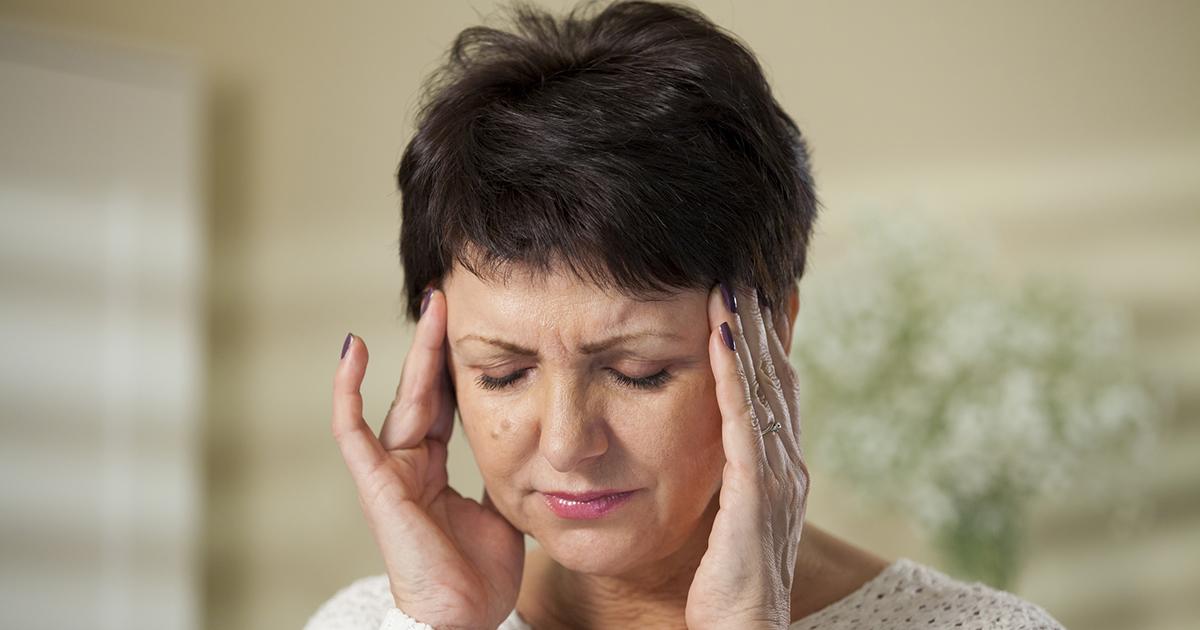Common Causes Of Meniere's Disease
Meniere's disease is a chronic condition that has to be managed with a combination of treatments. The disease causes impaired function in the inner ear and leads to progressive loss of hearing. Usually, only one ear is affected where a person suffers attacks of between two to four hours. The disease is characterized by recurring dizzy spells and ringing in the ear. Any demographic in a population can develop Meniere's disease, but it is more likely to manifest in individuals aged forty to sixty years. A patient suffering from the disease can experience an improved quality of life by sticking to the recommended treatment, adopting a healthy lifestyle and minimizing the known triggers. The following is a look at the potential causes of Meniere's disease.
Improper Fluid Drainage

Scientists have been studying Meniere's disease for a long time, but it is not clear yet as to what causes it. One idea that has been used for a long time to explain the condition is a pressure imbalance of the fluid found in the inner ear (endolymph). Too much pressure results in a high amount of fluid that doesn't drain properly, causing the dysfunction. Another theory is the structure of the fluid is the problem. Autopsies conducted when studying Meniere's disease have shown the improper fluid drainage of endolymph, but scientists have not determined conclusively that this is why Meniere's disease episodes occur. The ear has a channel of interconnected passages with sensors that rely on the fluid to send messages to the brain. This part is responsible for balance and other sensory perceptions like rotational movement and acceleration, and therefore, when the fluid is not right in structure or pressure, it affects many functions. Abnormal development in the inner ear can also cause blockages, impeding fluid drainage.
Continue for more on the common causes of Meniere's disease.
Migraines

The association between migraines and Meniere's disease has been a subject of debate for years. A migraine causes an altered sensation, which can lead to vertigo and can be accompanied by a headache or not. Visual changes are other symptoms. The condition is heavily associated with Meniere's disease because almost forty percent of individuals living with the inner ear disorder experience vertigo and migraines, episodes of which involve nausea, vomiting, and dizziness. These same symptoms are present in a person who has Meniere's.
The duration of episodic vertigo in both migraines and Meniere's disease vary from person to person, which further complicates the distinction between the two. Most specialists include treatment for vertigo migraines when managing Meniere's disease. Some research shows migraine conditions are related to the constriction of blood vessels, which is a possibility in Meniere's as well. Distinguishing the two conditions can be difficult, and doctors have to apply strict diagnostic measures. The increased cases of vertigo migraines have pushed for enhanced diagnostic criteria, but even then, it is unclear what role the vestibular disorder has to play in Meniere's disease.
Continue reading to understand more causes of Meniere's disease.
